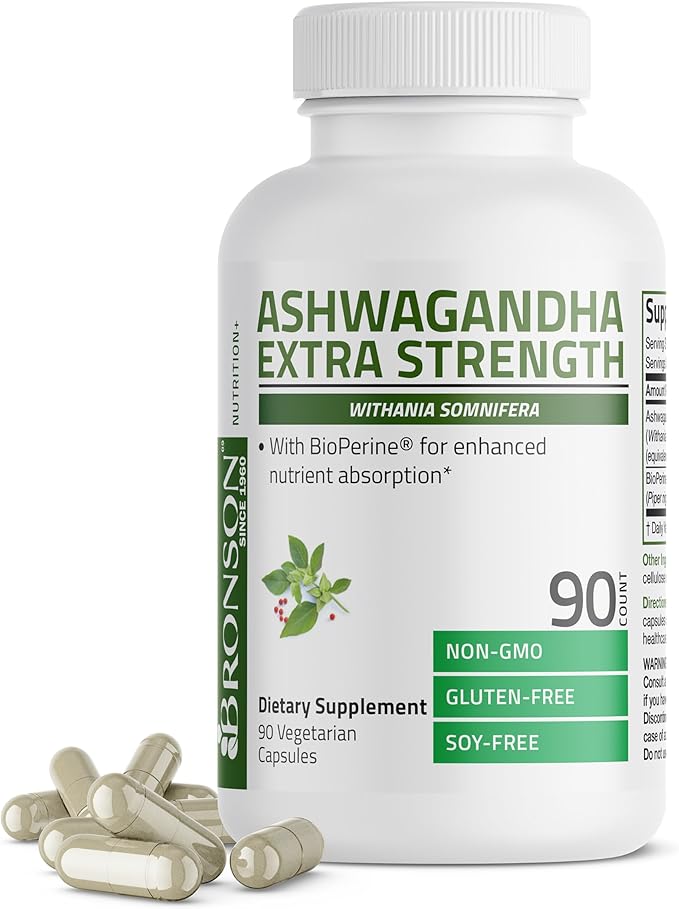Can you take Alpha Linolenic Acid and Vitamin B together?
Interaction Details
Taking Alpha Linolenic Acid and Vitamin B together has the potential for good synergy, suggesting a rating of 4 out of 5.
Alpha Linolenic Acid (ALA), an omega-3 fatty acid, and Vitamin B, particularly B6, B9, and B12, play crucial roles in heart health, brain function, and metabolism. A key synergy exists as Vitamin B6, B9, and B12 are involved in the metabolic pathways that convert ALA into its more active forms, EPA and DHA, through the desaturation and elongation processes in the body. Efficient conversion is essential for the anti-inflammatory effects and cardiovascular benefits associated with these fatty acids. Moreover, Vitamin B's role in homocysteine metabolism is critical; elevated homocysteine levels are associated with increased risk of cardiovascular diseases, a risk that ALA helps mitigate by improving lipid profiles and lowering blood pressure. The combination could enhance the overall cardiovascular protective effects, with Vitamin B supporting the optimal utilization of ALA, thereby amplifying its benefits.
Potential Benefits
Potential Risks
Related Studies
Alpha Linolenic Acid
Alpha-Linolenic Acid (ALA) is an omega-3 fatty acid found in plant-based foods such as flaxseeds and walnuts. It is considered an essential fatty acid because the human body cannot produce it on its own.
Some benefits of ALA include supporting heart health and reducing inflammation.
Vitamin B
Vitamin B is a group of essential nutrients that play a crucial role in various bodily functions, including energy production, nerve function, and heart health. The B vitamins are a complex of eight distinct vitamins: B1 (Thiamine), B2 (Riboflavin), B3 (Niacin), B5 (Pantothenic acid), B6 (Pyridoxine), B7 (Biotin), B9 (Folic acid), and B12 (Cobalamin).
